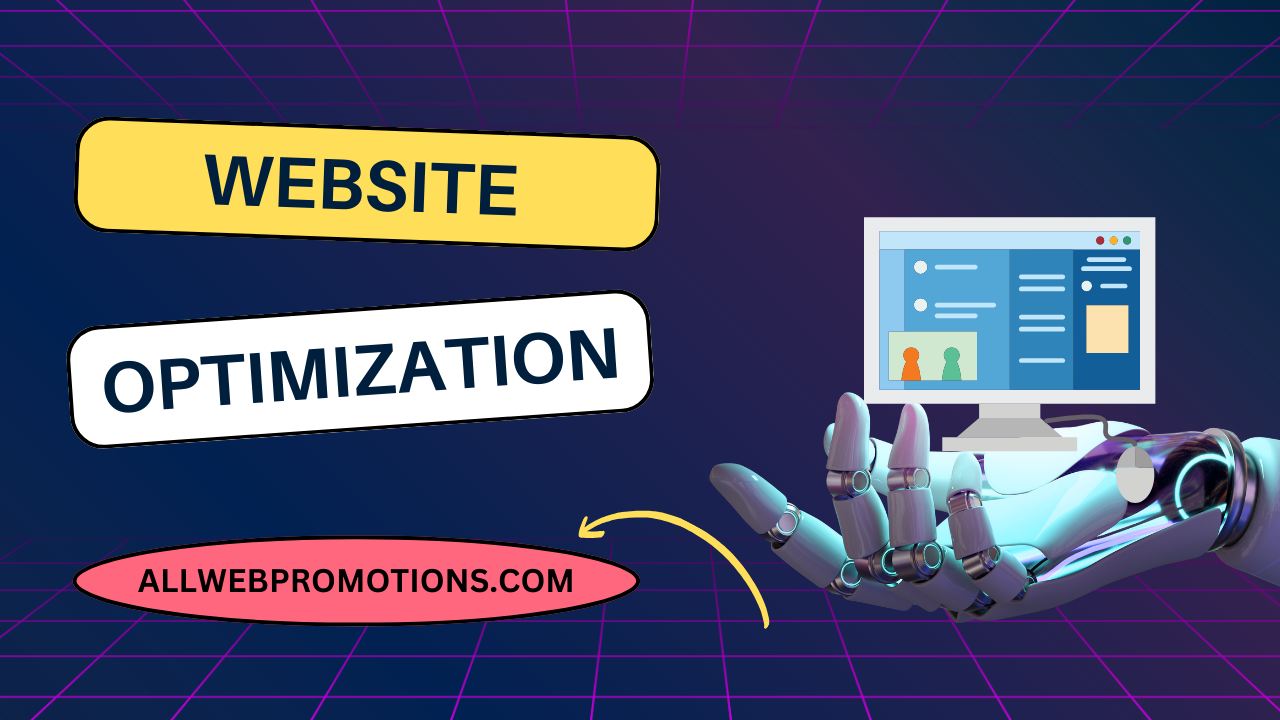In today's digital age, having the right tools can make all the difference in optimizing your website for search engines and improving its visibility. Whether you're a seasoned SEO expert or just starting out, navigating through the sea of available tools can be daunting. Fear not! This comprehensive guide will walk you through some of the best SEO tools available, from enhancing your site's performance to analyzing competitor strategies and beyond.

Understanding SEO Tools: What Makes Them Essential
SEO tools come in various shapes and sizes, each serving a unique purpose in enhancing your website's search engine ranking. From keyword research to backlink analysis and technical SEO audits, these tools streamline the optimization process and provide actionable insights to boost your online presence.
Keyword Research Made Easy
Keyword research lays the foundation for effective SEO. Tools like Google Keyword Planner and Ahrefs help identify high-value keywords relevant to your niche. By understanding search intent and competition levels, you can tailor your content strategy to attract targeted traffic.
On-Page SEO Optimization
Optimizing your website's on-page elements is crucial for higher rankings. Tools such as SEMrush and Moz Pro offer comprehensive audits that highlight areas for improvement. From meta tags and headings to internal linking and content quality, these tools ensure your pages are fully optimized for search engines.
Link Building and Analysis
Building quality backlinks remains a cornerstone of SEO success. Tools like Majestic and SEMrush's Backlink Audit feature help you analyze your backlink profile, identify toxic links, and discover new link building opportunities. By focusing on acquiring authoritative links, you can enhance your site's authority and rankings.
Technical SEO Tools
Technical SEO ensures that your website meets search engine guidelines for crawlability and indexability. Tools such as Screaming Frog and Google Search Console provide insights into issues like broken links, page speed, and mobile-friendliness. Addressing these technical aspects can significantly improve your site's performance in search results.
Competitive Analysis
Understanding your competitors' strategies can provide valuable insights into opportunities and gaps in your own SEO efforts. Tools like SpyFu and SEMrush's Competitive Analysis tool allow you to benchmark your performance against industry leaders, uncover their top-performing keywords, and analyze their backlink strategies.
Content Optimization
Creating high-quality, engaging content is essential for both users and search engines. Tools like BuzzSumo and Grammarly help you brainstorm content ideas, optimize readability, and ensure your content is free of grammatical errors. By focusing on relevant topics and incorporating SEO best practices, you can attract and retain a loyal audience.
Monitoring and Reporting
Measuring the impact of your SEO efforts is crucial for refining your strategy over time. Tools such as Google Analytics and SEMrush's Position Tracking feature provide real-time data on traffic sources, keyword rankings, and user behavior. By monitoring key metrics, you can identify trends, track ROI, and make data-driven decisions.
Conclusion
In conclusion, mastering the art of SEO requires leveraging the right tools to streamline processes, gain insights, and achieve sustainable growth. Whether you're optimizing for search intent, enhancing user experience, or building authority through backlinks, the tools mentioned in this guide will empower you to navigate the ever-evolving landscape of digital marketing with confidence.
FAQs
1. What are LSI keywords, and how do they impact SEO?
LSI (Latent Semantic Indexing) keywords are terms related to your main keyword. They help search engines understand the context of your content, improving relevance and potentially boosting rankings.
2. How often should I use SEO tools to monitor my website's performance?
It's advisable to monitor your website's performance regularly, ideally weekly or monthly, to track progress, identify issues promptly, and capitalize on emerging opportunities.
3. Can I use multiple SEO tools simultaneously for better insights?
Yes, using a combination of complementary SEO tools can provide a more holistic view of your website's SEO health and uncover insights that might be missed with a single tool.
4. Are there free alternatives to paid SEO tools mentioned in this guide?
Yes, many SEO tools offer free versions or trials with limited features. While they may not be as comprehensive as their paid counterparts, they can still provide valuable insights for beginners and small businesses.
5. How long does it typically take to see results from SEO efforts?
SEO is a long-term strategy, and the timeline for seeing results can vary based on factors like competition, industry, and the effectiveness of your SEO tactics. It's common to see noticeable improvements within several months of consistent effort.
By harnessing the power of these SEO tools and integrating them into your digital marketing strategy, you can position your website for sustained success in the competitive online landscape. Remember, SEO is not a one-time task but an ongoing process of refinement and adaptation to ever-changing algorithms and user behaviors. Happy optimizing!
